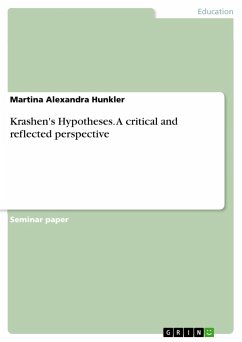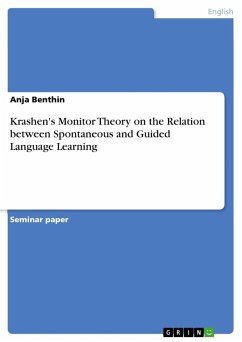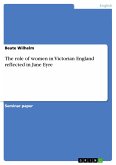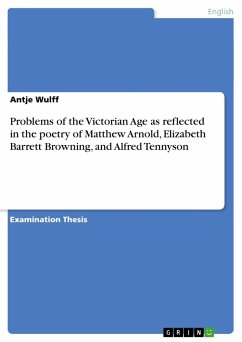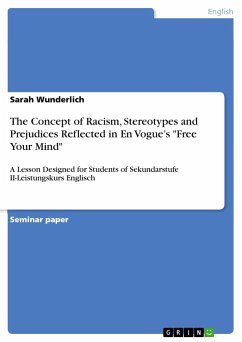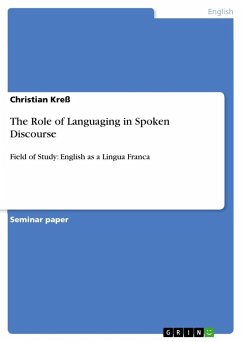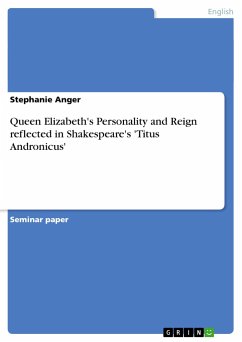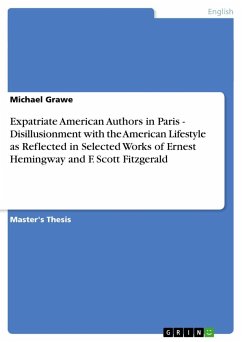Seminar paper from the year 2016 in the subject Didactics - English - Pedagogy, Literature Studies, grade: 1,0, Karlsruhe University of Education, language: English, abstract: This paper deals with one of the most influential linguists in the field second language acquisition, Stephen D. Krashen. His theoretical framework provides essential implications for prospective language teachers. The focus of the following explorations will remain in the realm of theory and not extend to practical handson advice for the second language classroom. Krashen claims to have put forth an "overall theory" (Krashen 1985: 1) of second language acquisition accompanied by implications for teaching. Starting with one hypothesis automatically leads to the others. As all five hypotheses are interlinked this closely they will be presented concisely in the first part of this paper by drawing on various works published by Krashen. The second part of this paper gives an overview of the controversial aspects regarding Krashen's hypotheses. Some of the weaknesses found in the Input Hypothesis, the Acquisition-Learning Hypothesis, and the Natural Order Hypothesis will be addressed by Pienemann's Processability Theory. Afterwards the Monitor Hypothesis and the Affective Filter Hypothesis will be critically explored. In this paper Krashen's original texts are used as reference in order to be able to get a deeper understanding of his theoretical work and the alterations the hypotheses have undergone over the years. The voices of criticism have been collected in the years following his publications but also in recent years. The goal of this paper is to present Krashen's framework and explore its weaknesses in order to present a critical and reflected perspective.

